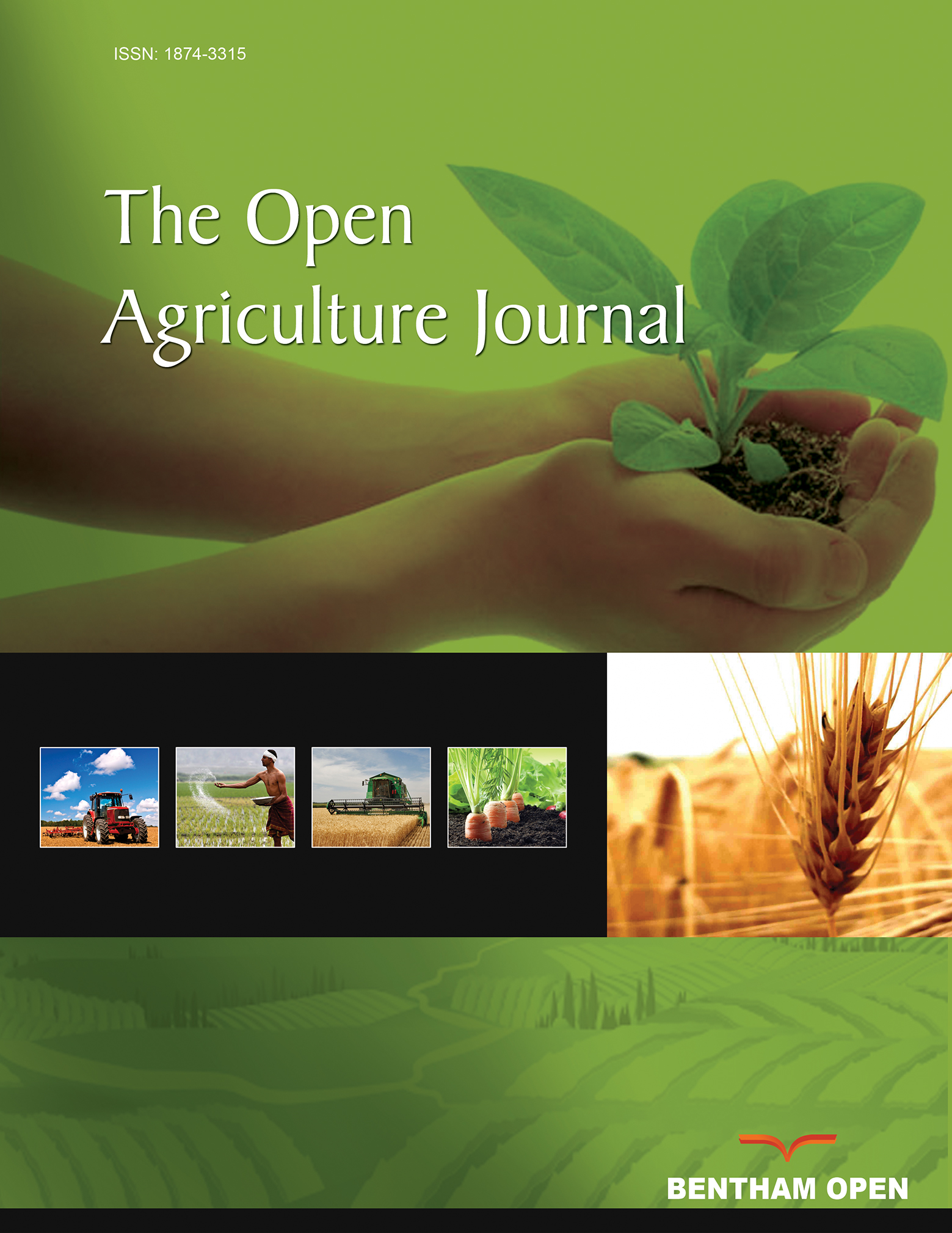All published articles of this journal are available on ScienceDirect.
Seed Rate Effects on Rainfed and Irrigated Safflower Yield in Eastern Mediterranean
Abstract
Effects of seed rates on grain, straw and oil yield of safflower (Carthamus tinctorius L.) were studied for two years in the semi-arid central Bekaa Valley of Lebanon. Three trials, two under rainfed and one under supplementary irrigations, were conducted using seed rates of 6, 12, 24 and 48 kg ha-1 corresponding to intra-row spacing of 20, 10, 5, and 2.5 cm, respectively. There was significant seed-rate by trial interaction on grain, straw and oil yield. In general, significant seed rate effects did not exist in the rainfed trials in 2004 and 2005, confirming that safflower has the capacity to compensate for planting density. In the irrigated trial in 2005, the 24 and 48 kg ha-1 seed rates gave higher grain, straw and oil yields than the lower seed rates. Averaged over trials, the 24 kg ha-1 seed rate gave the highest yields. Even if supplementary irrigation is not available, the large variation in annual rainfall in semi-arid areas warrants the use of 24 kg ha-1 seed rate as it will benefit in years with above-average rainfall.


